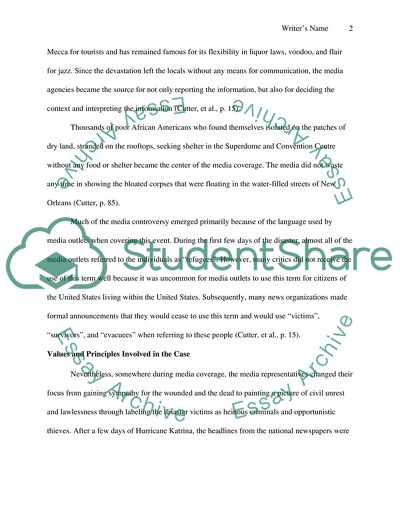Cite this document
(“Communication, Ethics, and Society Research Paper”, n.d.)
Communication, Ethics, and Society Research Paper. Retrieved from https://studentshare.org/journalism-communication/1616410-communication-ethics-and-society
Communication, Ethics, and Society Research Paper. Retrieved from https://studentshare.org/journalism-communication/1616410-communication-ethics-and-society
(Communication, Ethics, and Society Research Paper)
Communication, Ethics, and Society Research Paper. https://studentshare.org/journalism-communication/1616410-communication-ethics-and-society.
Communication, Ethics, and Society Research Paper. https://studentshare.org/journalism-communication/1616410-communication-ethics-and-society.
“Communication, Ethics, and Society Research Paper”, n.d. https://studentshare.org/journalism-communication/1616410-communication-ethics-and-society.


